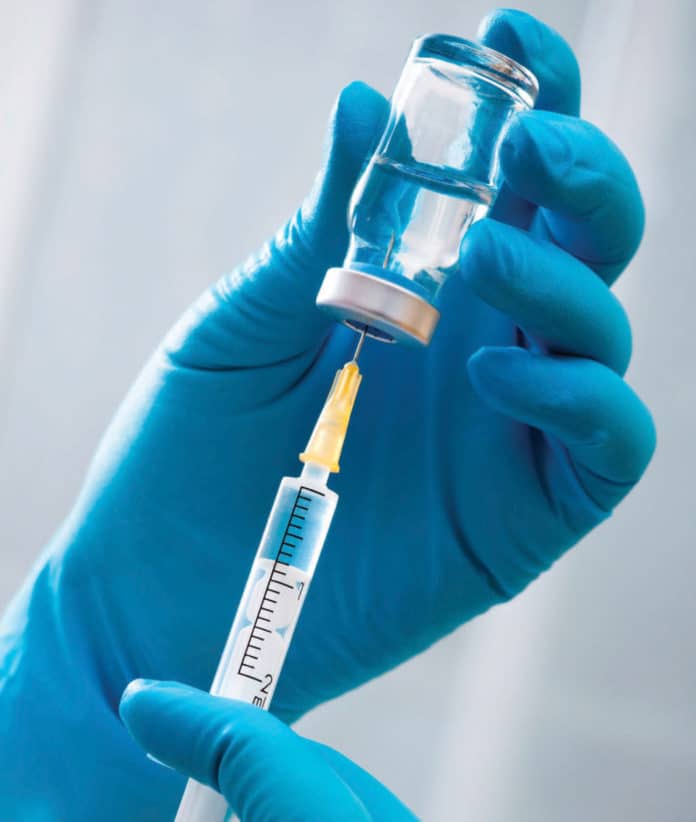MedStar Coronavirus precautions
MedStar has been in continual contact and coordination with local medical control authority and hospital partners, as well as regional, state and national health officials, the organization said in an advisory.
Matt Zavadsky of MedStar said the ambulance service has begun additional dispatch and on-scene patient screening for any 911 calls in which the patient has a respiratory ailment.
The additional screening includes questions regarding the patient’s recent history of travel to areas where the corona virus has been suspected or close contact with people from effected areas who are symptomatic for a respiratory infection.
Zavadsky said MedStar is also undertaking special ambulance preparations, including packaging personal protective equipment kits for field staff Including gowns, high efficiency face masks with splash guards, hoods and gloves.
“We will also be placing surgical masks on patients with respiratory illnesses to help prevent droplet contamination,” Zavadsky said.
Dr. Veer Vithalani, MedStar’s Medical Director, issued a medical directive for patients with symptoms of respiratory illness (e.g., cough, difficulty-breathing, fever).
The directive covers patients with both clinical features and epidemiologic risk who have fever and/or symptoms of lower respiratory illness, e.g., cough, shortness of breath; and in the last 14-days before symptoms onset, have a history of travel from Wuhan City, China, or close contact with a person who is under investigation for 2019-nCoV while that person was ill.
Close contact is defined as being within approximately six-feet, or within the room or care area for a prolonged time, of a 2019-nCoV patient while not wearing appropriate protective gear; caring for, living with, visiting, or sharing a healthcare waiting area or room with a 2019-nCoV patient; having direct contact with infectious secretions of a 2019-nCoV case (e.g., being coughed on) while not wearing recommended protective gear; or close contact with an ill confirmed 2019-nCoV patient.
The directive reminds that fever may not be present in some patients, such as those who are very young, elderly, immunosuppressed, or taking certain fever-lowering medications and says that for patients identified through the 911 call-taking process, operators are to begin Isolation instructions while confirming screening questions.
Isolation precautions include placing a surgical mask on the patient who meets the criteria and, if possible, donning airborne-precaution personal protective equipment: gloves, fluid-resistant gown, N-95 face mask, and eye protection.
– FWBP Staff






